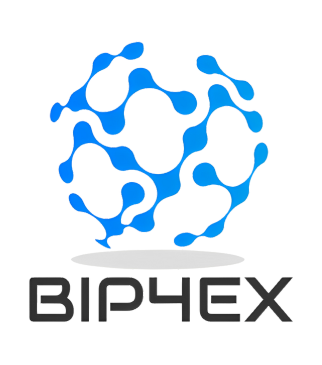An alternative processing method for the production of renewable fuels from rendered animal fats, pretreated using standard processing methods 1–5 or method 7 and used cooking oils, derived from Category 3 animal by‐products, was assessed. The alternative method is based on a fluidised catalytic cracking co‐processing treatment with a preheat stage by at least 145°C and a pressure of at least 1.4 barg for at least 13 s, followed by a reactor stage by at least 500°C for 2 s. The applicant selected the use of spores of pathogenic bacteria as primary indicators without carrying out a full hazard identification, which is acceptable as per previous EFSA evaluations. The EFSA BIOHAZ Panel considers that the application and supporting literature contain sufficient evidence to support that the alternative method can achieve a reduction of at least 12 log10 of C. botulinum spores and 5 log10 of the spores of other pathogenic bacteria. The Hazard Analysis and Critical Control Point plan contained some inadequacies: the reception of raw materials should be considered a prerequisite (with acceptance criteria) rather than a critical control point and quantitative limits for temperature and holding time at the reactor should be defined. The information provided by the applicant suggests that appropriate corrective actions are in place for dealing with risks associated with interdependent processes and with the intended end use of the products. The applicant also considers as part of the alternative processing method the operation under an unplanned shutdown. EFSA only assesses the alternative processing methods under normal operating conditions. Thus, the procedures under an unplanned shutdown were not assessed as part of the alternative processing method. Overall, the alternative method under evaluation is considered equivalent to the processing methods currently approved in the Commission Regulation (EU) No 142/2011.
